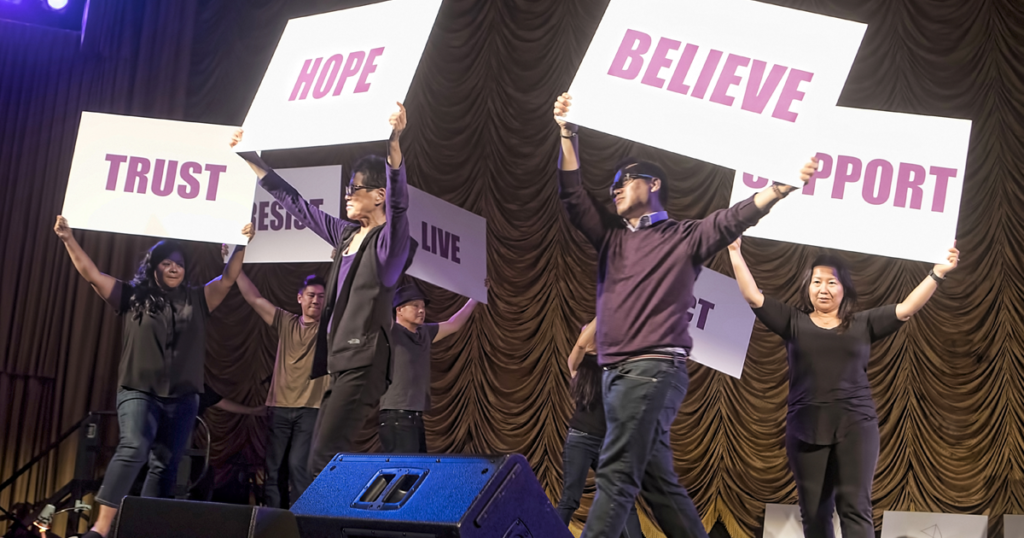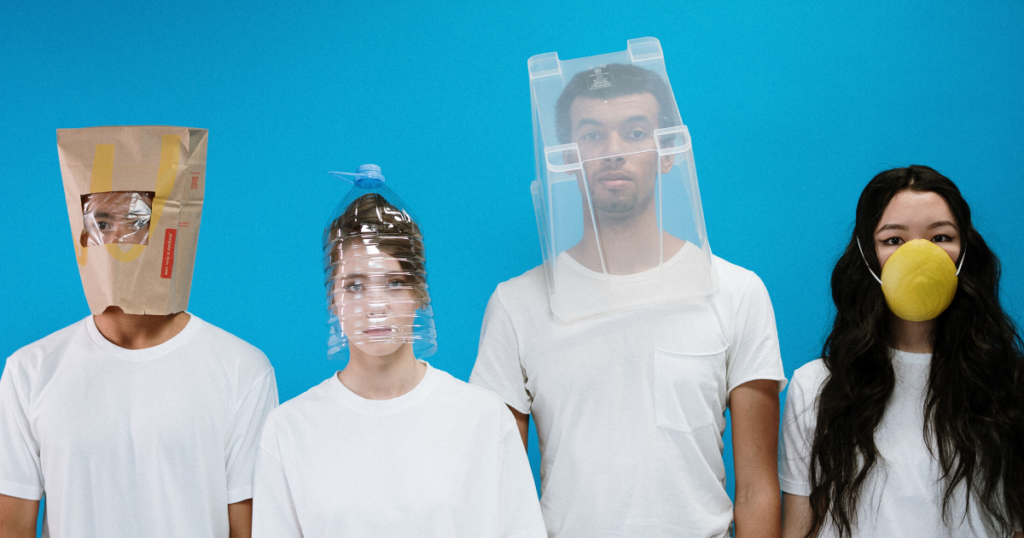Search results for: Coronavirus
COVID-19 or Not, My Sister’s House Services Are Essential
My Sister's House was FBB's 1st Quarter Humanist Grant recipient in the category of Human Rights. It’s kind of ironic: COVID-19 and My Sister’s House's 19th anniversary. The theme of My Sister’s House 19th Anniversary Gala this year was “together”, and together we are all impacted by the coronavirus. My Sister’s House services are needed…
Read MoreSew, you want to help stop COVID-19? Read this first.
Spurred on by news reports of the extreme shortage of protective equipment for healthcare workers, some individuals and organizations are sewing cloth face masks to help fill the gap until supplies of commercial face masks are replenished. Some desperate hospitals are encouraging mask-making and providing volunteers with sewing templates.
Read MoreScience and Strategy Must Come First, Not Ideology and Prayer
As more cases of the coronavirus disease 2019 (COVID-19) are detected within the United States, it is imperative that proven, science-based response efforts are well coordinated by experienced public health officials at every level of government in order to effectively contain the outbreak.
Read MoreThe links between bat health and human health
By Cathleen O’Grady Foundation Beyond Belief is excited to welcome backEcoHealth Alliance, first featured as Wildlife Trust in Q1 2010, as our Natural World encore beneficiary this quarter. EcoHealth Alliance’s science-based approach to conservation is multi-faceted, ranging from working against the illegal wildlife trade and promoting species preservation, to research into infectious disease pandemics. Their work in conservation…
Read MoreThe links between bat health and human health
 By Cathleen O’Grady
By Cathleen O’Grady
Foundation Beyond Belief is excited to welcome back EcoHealth Alliance, first featured as Wildlife Trust in Q1 2010, as our Natural World encore beneficiary this quarter.
EcoHealth Alliance’s science-based approach to conservation is multi-faceted, ranging from working against the illegal wildlife trade and promoting species preservation, to research into infectious disease pandemics. Their work in conservation medicine draws together human illnesses and ecological disruption, studying and fighting both simultaneously.
With scientists clamoring to understand the recent emergence of Middle Eastern respiratory syndrome (MERS), which has killed 40 of the 77 people it has infected and appears to have originated in bats, the work of EcoHealth Alliance in understanding the connection between animal conservation and human disease is becoming ever more critical.
 Animal health is critical to human health, says Dr. Jon Epstein, an EcoHealth Alliance wildlife veterinarian, and the more wild animals come into contact with humans, the more likely it is that disease will be transferred. Bats, for example, carry a significant disease risk for humans: While numerous factors, including deforestation and hunting, are causing bat populations to decline, human population growth and land use are in some ways bringing bats and humans closer together, which allows for diseases to be transferred much more easily.
Animal health is critical to human health, says Dr. Jon Epstein, an EcoHealth Alliance wildlife veterinarian, and the more wild animals come into contact with humans, the more likely it is that disease will be transferred. Bats, for example, carry a significant disease risk for humans: While numerous factors, including deforestation and hunting, are causing bat populations to decline, human population growth and land use are in some ways bringing bats and humans closer together, which allows for diseases to be transferred much more easily.
Introducing greater separation between bats and humans is therefore vital to reduce disease transfer, but also helpful in reducing human impact on bats. Bat conservation is essential for other reasons, too, notes EcoHealth Alliance’s vice president for health and policy, William Karesh: Bats provide a vital contribution to North American agriculture in the form of pest control, as well as pollination.
On a wider scale, approximately five new infectious diseases emerge every year, and roughly a billion people are infected with a zoonotic disease (originating from non-human animals) every year, according to Karesh. The problem desperately needs expertise from animal science and ecology to work alongside human health experts, he explains.
EcoHealth Alliance runs numerous programs attempting to address this issue. Its health and policy initiatives involve collaborations with local, national, and intergovernmental agencies and organizations to translate its ecosystem health science into actionable information and policy, while information-gathering projects such as the Sicki Project use global data to track the outbreak and spread of infectious diseases. The Bat Conservation and Health program works toward protecting bats from extinction caused by habitat destruction, while also studying the diseases caused by human encroachment into bat habitats.
Learn more about EcoHealth Alliance on their website, or keep up with them on Facebook or YouTube.
Read More

